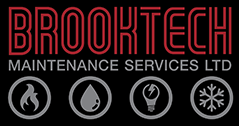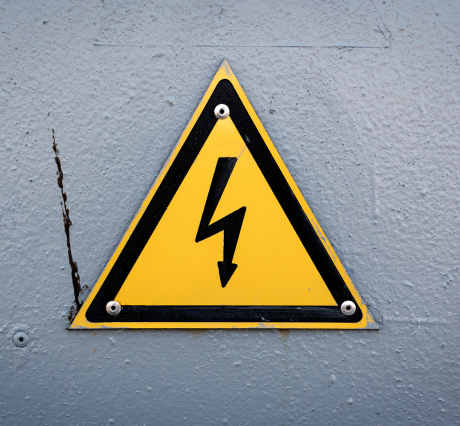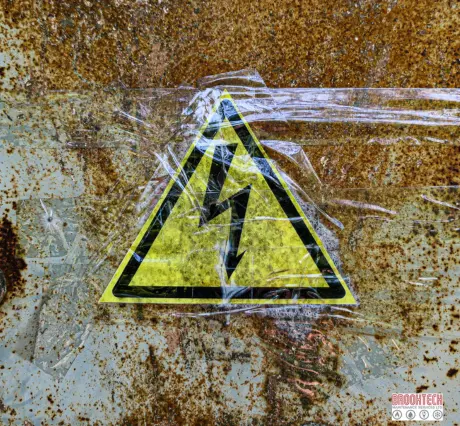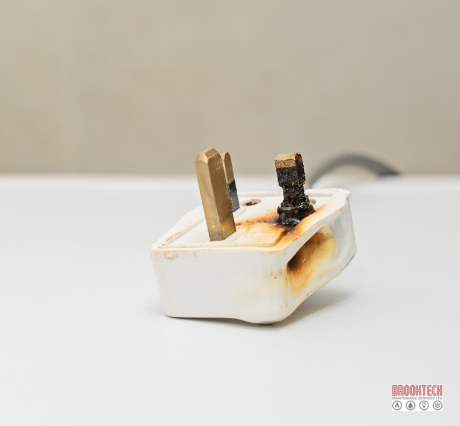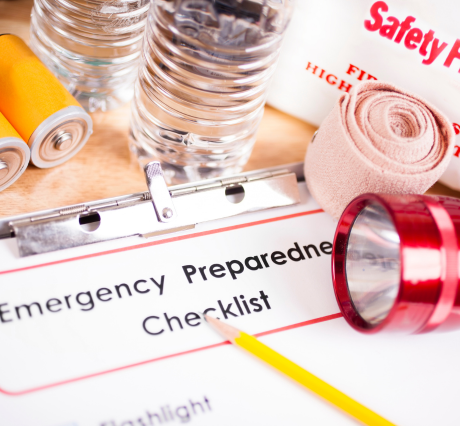Maximizing Electrical Safety in Your Business
Electrical safety is vital in any property, especially commercial properties. In commercial properties you not only have to think about your own safety. You need to create a secure environment for everyone in the building. This guide dives deeper into effective strategies for upholding the highest standards of electrical safety.
Unpacking Electrical Safety Inspections and Maintenance
The bedrock of electrical safety is a well-structured inspection and maintenance routine.
It’s crucial to identify potential issues like circuit overloads and faulty wiring early. Dedicating attention to these areas can prevent the majority of electrical hazards.
Qualified electricians play a vital role in these assessments, leveraging their expertise to safeguard your property against electrical mishaps.
Navigating Common Electrical Hazards
Awareness and proactive management are key to mitigating common electrical hazards. Issues such as inadequate wiring, misuse of extension cords, and neglect in servicing key electrical components can pose significant risks. Implementing a robust safety protocol and ensuring regular audits can help in identifying and rectifying these hazards promptly.
Here are some frequent electrical risks that require vigilance and regular management:
- Overloaded Circuits:Often caused by plugging too many devices into a single outlet or power strip, leading to overheating and potentially causing fires.
- Faulty Wiring: Old, damaged, or improperly installed wiring can lead to short circuits, shocks, and fires. It’s a particular concern in older buildings that haven’t been updated to current electrical standards.
- Lack of Ground-Fault Circuit Interrupters (GFCIs):
GFCIs protect against electric shock by shutting off the electrical circuit when they detect an imbalance. Their absence in areas with a high risk of water exposure is a significant hazard. - Poorly Maintained Electrical Panels:Over time, connections within electrical panels can become loose, or panels can become overloaded. This neglect can lead to catastrophic failures.
- Unprotected Electrical Outlets:Outlets without proper covers or those located in areas susceptible to moisture without adequate protection pose risks of shocks and short circuits.
- Inadequate Lighting:Insufficient lighting can be a safety hazard, leading to accidents and injuries. It’s crucial in areas where precision tasks are performed.
- Blocked or Covered Electrical Panels:Obstructing access to electrical panels not only violates codes but also hinders the ability to quickly shut off power in an emergency.
- Use of Non-Commercial Grade Equipment:Commercial properties require equipment and devices rated for commercial use. Using residential-grade equipment can lead to overloading and malfunctions.
- Daisy-Chaining Power Strips:Connecting multiple power strips together, known as daisy-chaining, significantly increases the risk of overloading circuits and causing fires.
Mitigating these hazards involves regular electrical inspections, investing in quality electrical components, and educating staff on the proper use of electrical equipment. Establishing a culture of safety and accountability ensures that these common risks are managed effectively, maintaining a safe environment for all occupants of the commercial property.
The Importance of Certified Electricians
The expertise of certified electricians is invaluable in maintaining electrical safety. These professionals bring a comprehensive understanding of the latest safety standards and technological advancements.
Opt for electricians accredited by reputable bodies. This will ensure they bring a wealth of knowledge and a commitment to safety to your property.
In the UK, several reputable bodies accredit electricians to ensure they meet the highest standards of safety, competency, and professionalism. Opting for electricians accredited by these bodies means electrical work will be carried out safely and to a high standard. Here are some of the key accreditation bodies:
- NICEIC (National Inspection Council for Electrical Installation Contracting): One of the most recognized accreditation bodies for electrical contractors in the UK.
- NAPIT (National Association of Professional Inspectors and Testers): Covering a wide range of disciplines within the building services sector. NAPIT provides certification for installers to ensure compliance with the Building Regulations.
- The Electrical Contractors’ Association (ECA): Representing electrical and other building engineering services contractors. ECA offers support and certification to members, promoting safety and quality standards.
When hiring electricians for commercial property work, check their accreditation with industry bodies. This ensures adherence to standards and regulations, promoting safety and efficiency. It also fulfills legal requirements and best practices.
Advancements in Electrical Safety Technology
Technological innovations offer new pathways to enhance safety and efficiency. Smart electrical systems provide proactive monitoring, instantly identifying irregularities and potential faults. Automated emergency shut-offs can drastically reduce the risk of accidents.
These technologies not only improve safety but also offer significant environmental benefits by optimizing energy use and reducing waste.
Enhancing Emergency Preparedness Through Training
A detailed emergency response plan is a must for handling electrical incidents effectively. This includes regular drills and training for staff, ensuring everyone knows how to act in an emergency. Familiarity with emergency procedures can significantly reduce the impact of electrical accidents, safeguarding both people and property.
More about how to create an effective emergency response plan for electrical safety in next week’s Brooktech blog.
The Ongoing Journey of Electrical Safety
Staying updated on safety, conducting risk assessments, and fostering a safety-focused culture are essential. This ensures compliance and positions your property as a leader in safety and sustainability.
Electrical safety is vital for successful property management. With inspections, expert knowledge, technology, and emergency readiness, ensure a safe, efficient, and sustainable environment. This commitment enhances property value and appeal.
Professional Electrical Safety and Maintenance with Brooktech
At Brooktech, we understand the critical importance of electrical safety and the complexities of maintaining commercial properties. With our comprehensive expertise and deep commitment to excellence, we’re here to ensure your property’s electrical systems operate safely, efficiently, and reliably. Our team of accredited electricians, backed by years of experience and a portfolio of successful projects, are ready to deliver bespoke solutions tailored to your unique needs.
Don’t compromise on safety or quality. Choose Brooktech for a partnership that guarantees peace of mind, adherence to the highest industry standards, and a proactive approach to electrical maintenance.
Contact us today to learn more about how our services can transform the safety and efficiency of your commercial property.

